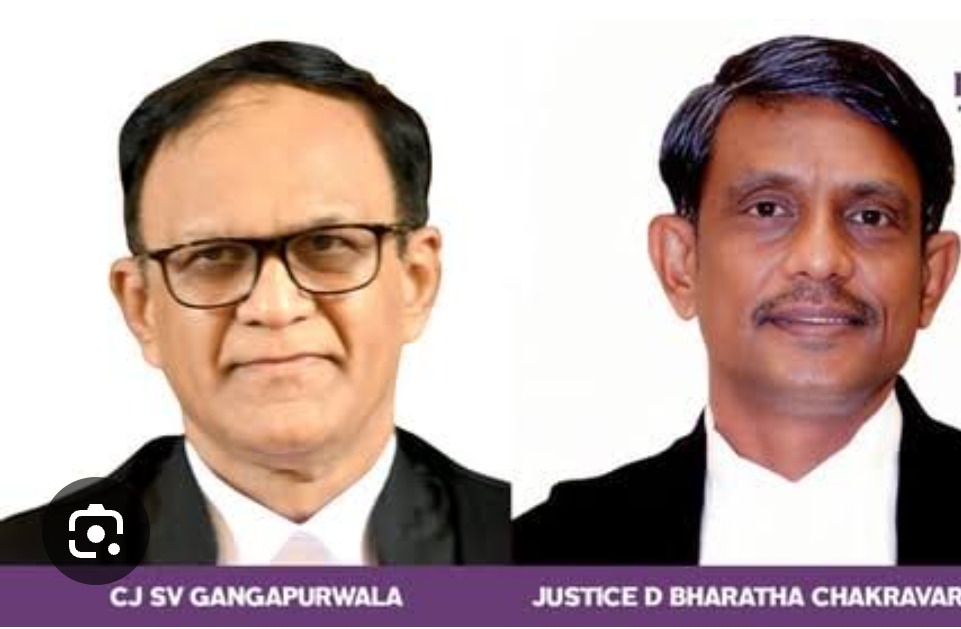The first bench of Chief Justice SV Gangapurwala and Justice D Bharatha Chakravarthy recently dismissed the petitions filed by the Employers’ Federation of Southern India and industrial houses including KCP Limited, Sundaram Clayton Limited and Rane Engine Valve Limited, saying that no vested interests of the petitioners were affected by the Payment of Bonus (Amendment) Act, 2015.
Madras HC junks pleas against amendments to Bonus Act
They had challenged the amendment to section 2(13) of the Act which increased the salary ceiling limit of eligibility for bonus to Rs 21,000 from Rs 10,000.

Madras High Court
Updated on:
20 Apr 2024, 9:44 am
2 min read
CHENNAI: The Madras High Court has refused to void amendments to the Payment of Bonus Act, 1965, which increases the salary ceiling limit of eligibility for bonus and the minimum limit for bonus fixation, sought by various industrial houses in the state.
The first bench of Chief Justice SV Gangapurwala and Justice D Bharatha Chakravarthy recently dismissed the petitions filed by the Employers’ Federation of Southern India and industrial houses including KCP Limited, Sundaram Clayton Limited and Rane Engine Valve Limited, saying that no vested interests of the petitioners were affected by the Payment of Bonus (Amendment) Act, 2015.
They had challenged the amendment to section 2(13) of the Act which increased the salary ceiling limit of eligibility for bonus to Rs 21,000 from Rs 10,000. They also questioned fixing the bonus ceiling at Rs 7,000 from the earlier amount of Rs 3,500 by amending section 12, apart from retrospective effect to the Amendment Act from April 1, 2014.
The petitioners stated that such amendments are arbitrary and would affect employees who are in the lower wage level and it disturbs the balance maintained in the matter of determining the share of allocable surplus among different categories of employees.
“The object of the amending Act is to enhance/modify or vary the quantum according to the prevalent conditions. When at least in respect to one part of the employees an able mechanism is available in the form of minimum wages, adopting the same has a rational relationship to the objectives sought to be achieved by the statute,” the bench said.
It added, therefore, we are unable to agree with the contentions made on behalf of the petitioners that the impugned enactment amounts to class legislation and is discriminatory. Regarding the challenge to the retrospective nature of the Act for a year, the bench said it does not find any ground to interfere.
Referring to the Rajasthan High Court order in JK Acrylics case, the bench noted that an additional amount of bonus, which is in the nature of wages, cannot be contested by managements as if it violates any vested rights and upheld the enactment. “We are completely in agreement with the same.”

